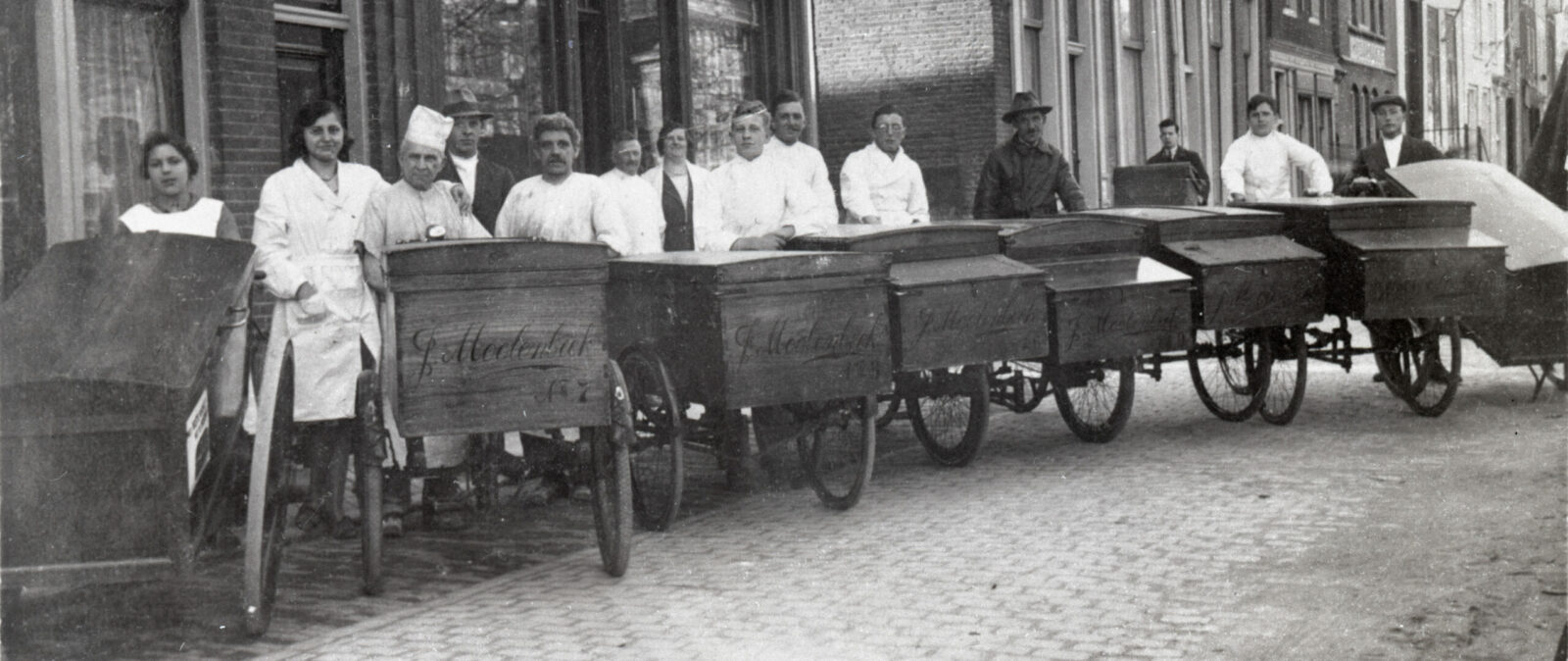MA Course ‘Debates in Global Economic and Social History’
< back to overview Research Master courses
Please note that for the academic year 2024-2025 this course has already reached its maximum number of participants. Applying is possible, but new applications will be put on a waiting list, see also more info via this link.
Why are some countries rich and others poor? When did globalization begin? Why are some countries democratic and others autocratic? Why are some people slaves and others ‘free’ wage workers? How did ordinary people live the big changes of the past? These are just few of the questions that are tackled by social and economic historians. In looking for answers, scholars have increasingly stressed transnational links and connections.
Key info
Coordinators – Dr Rombert Stapel and Dr Erik Odegard (both IISH)
Lecturers – A wide variety of established historians from Dutch and Flemish universities, who are leading experts in their fields, most of them fellows of the N.W. Posthumus Institute
Period – November – February
Credits – 5 or 10 EC (see below; in case the student’s institution requires other EC credits, assignments may be adapted by the coordinators to adequately reflect and match the credits granted)
Language – English
Location – International Institute of Social History (Amsterdam)
Days and Times – Friday afternoons (exact times will be communicated later on) on 8 November, 22 November, and 6 December 2024, and 10 January, 24 January, and 7 February 2025 (preliminary dates).
Min. 5, max. 15 participants
Description
The rise of global history has stimulated comparisons and contrasts and has intensified scholarly exchange through numerous debates. The aim of this course is to introduce students into the main debates of global social and economic history.
The course offers an overview and introduction into the main debates in global economic and social history. In the first part, sessions will concern topics such as globalization, the Rise of the West and worldwide inequality, global-local relations, and the consequences of globalization for identity formation. The second part of the course takes up a number of specific fields related to global history, such as migration, environmental history, revolutions, economic growth and capitalism, and science and technology.
Structure
The course consists of six bi-weekly sessions, in principle at the IISH in Amsterdam, where two senior historians will introduce the different topics. The course is concluded by writing either a book review (for those taking the course for 5 EC) or an essay (review article) on a debate or a historiographic topic (10 EC). in case the student’s institution requires other EC credits, assignments may be adapted by the coordinators to adequately reflect and match the credits granted. The reviews and essays are presented and discussed at the final research seminar at the end of the semester. All participants are expected to attend this seminar.
Course objectives
- Acquiring up-to-date knowledge of the state of the art in global economic and social history
- Acquiring insight in and ability to take part in on-going historical debates
- Embedding your personal research interests in historiographical traditions.
- Critical evaluation of monographs and writing of a review article
Students are also be invited to visit the annual Posthumus Conference, which takes place every year in May or June. They may sign up as a discussant for a paper at the conference.
How to apply
You can apply via the Application Form. Please note, that the deadline for this course is 15 October of each year.
Please note that for the academic year 2024-2025 this course has already reached its maximum number of participants. Applying is possible, but new applications will be put on a waiting list, see also more info via this link.
Questions and info
If you want more information on (one of) the courses, or if you have questions regarding the application procedure, please contact the Office Manager of the Posthumus Institute.


